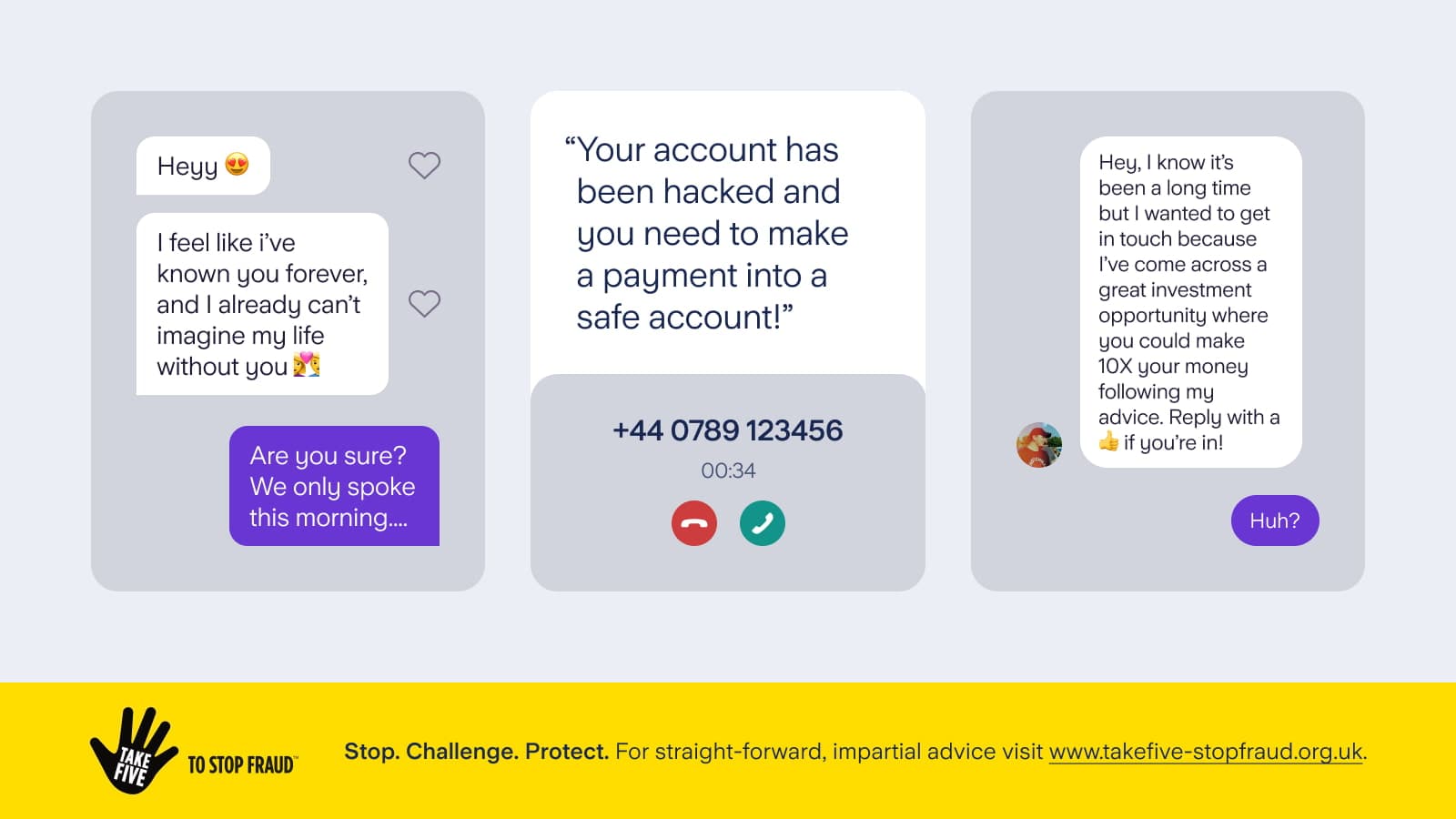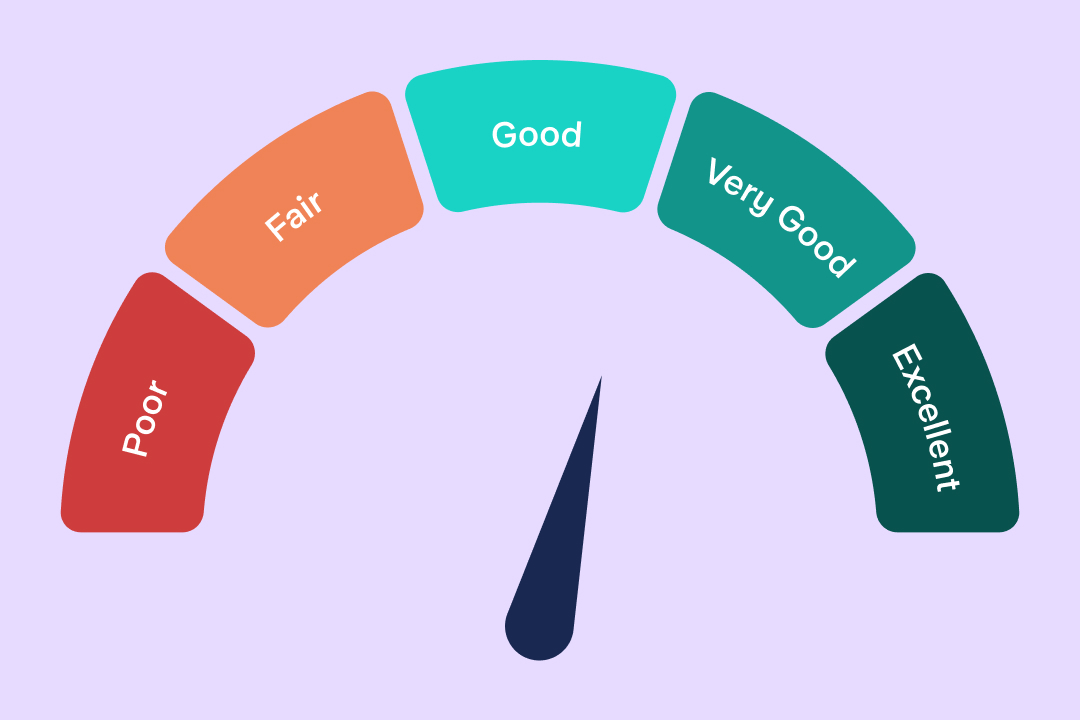
Personal finance
“We couldn’t get on the pitch – there were loads of men playing. The girls were so disappointed.”
15th May 2024
11th May 2021

The relationship between money and mental health is circular: if you’re worried about money, your concerns can impact your mental health, which can then make it even harder to manage your finances.
In support of Public Health England’s Every Mind Matters campaign, we spoke to two financial experts about the connections between money and mental health and the steps you can take to improve your financial wellbeing. Every Mind Matters has lots of tips and advice to help look after your mental health and wellbeing, including the free NHS Mind Plan and specific advice around financial worries.
“Money can be such a taboo topic, even when it comes to talking to a financial advisor, people often arrive feeling mistrustful or insecure,” says Catherine Thomas-Humphreys, a qualified financial adviser and certified financial coach.
For some people, talking about money is uncomfortable. But the potential benefits often outweigh the awkwardness: a problem shared is a problem halved.
“My most important piece of advice for people with money worries is to speak to someone,” says Rohan Sivajoti, also a qualified financial advisor and certified financial coach. The person you speak to could be a friend or family member, a charity like Citizens Advice or Samaritans or a financial advisor or coach - someone you trust.
Not only is it important to be compassionate and honest when talking to others about money, it’s also key to be kind when talking to yourself.
“The money language we use is often rooted in earlier experiences and can be emotive… I tend to reframe it as, you are influencing or taking care of your money, make it positive,” says Catherine.
She also feels it’s important to break big financial goals into smaller pieces and to name the steps you need to take. For example, if you’re trying to pay off credit card debt, set your destination as the total amount but create milestones along the way. Every repayment is something to be proud of.
Naming your goal is also key when it comes to building up savings, for example in a savings account. "The sooner you find a purpose for your money, the easier it will be to save and the more enjoyable it will be," says Rohan. "It brings that money to life."
If you're a Starling customer, you can also set money aside for short-term goals, such as a holiday, within your current account by using our Spaces feature. There’s no need to fill out any paperwork – simply name your Space, choose an image and add money as and when you can afford to. "Even if it’s £5 or £10 a month, start the habit of setting money aside," says Rohan.
You can also switch on Rounds Ups, a feature that automatically rounds up your spending to the nearest pound and adds spare change to a particular Space. For example, if you spend £2.50 on a sandwich, 50p could be added to your ‘Holiday’ Space. For some people, setting up automatic transfers to set something aside is one way to feel less stressed about money - it's one less thing to remember to do.
The Starling app is all about transparency and managing your money quickly and easily. The home screen shows your main bank balance and your daily spend. Our Spending Insights feature breaks down your monthly outgoings by merchant and also by category, such as Groceries or Bills.
"Burying your head in the sand solves nothing. It doesn’t make the problem go away," says Rohan. "Try to get really honest with yourself. Knowing where your money goes means that you can start cutting down your spending on things that aren't important to you and saving for the things that are." The Starling app also helps you prepare for upcoming direct debits by sending you a notification the day before they are due to be paid from your account.
For those customers who are suffering mental health issues, which may be for a variety of reasons including financial difficulties, Starling does offer Welfare Support. The team can check to see if there is any help we can offer based on your circumstances, as well as provide information about organisations that can offer financial advice, guidance and emotional support.
The article above includes general information and should not be taken as financial advice. If you have questions about your specific circumstances, you should speak to an independent financial advisor.

Personal finance
15th May 2024

Personal finance
13th May 2024

Personal finance
14th March 2024

Money Truths
2nd July 2025

Money Truths
1st July 2025

Money Truths
29th May 2025